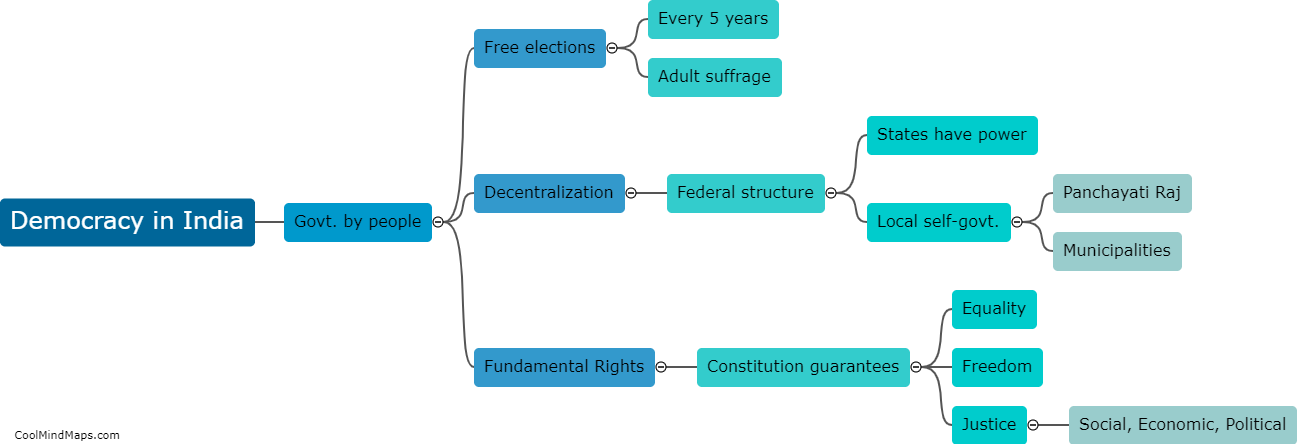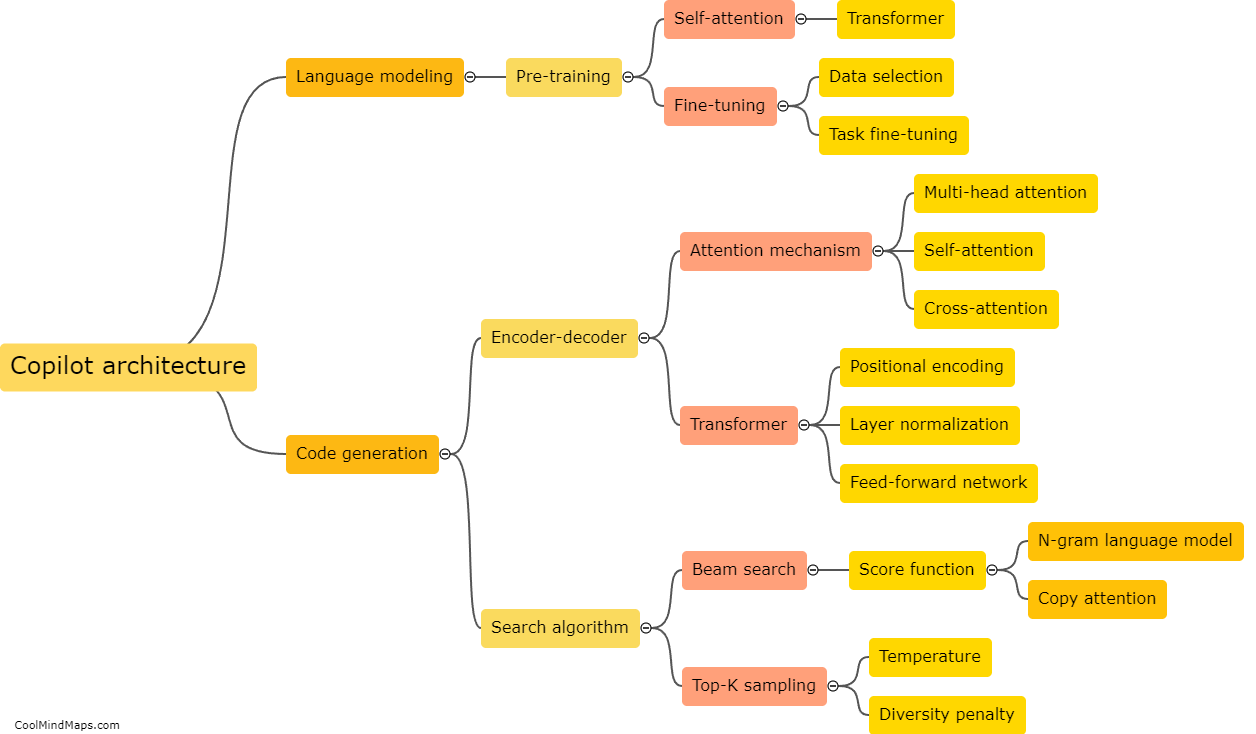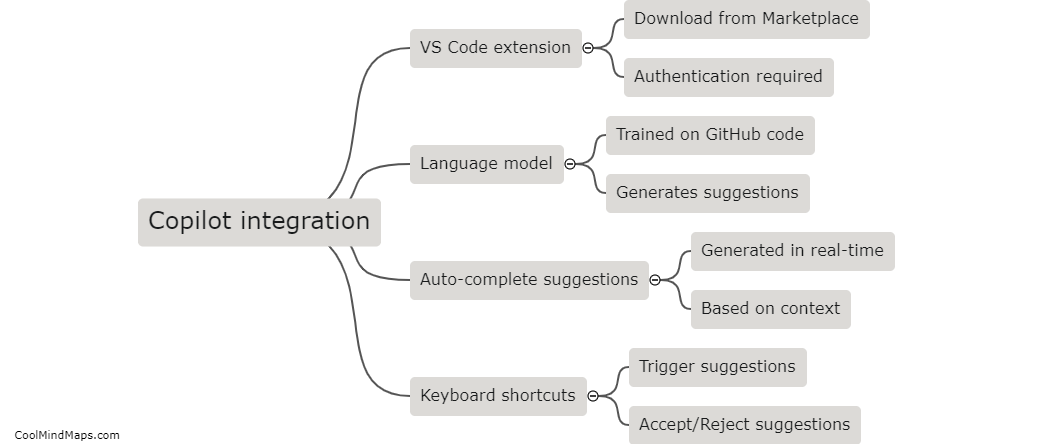What are the features of Indian democracy?
Indian democracy is characterized by several key features that distinguish it from other types of democratic systems. First, India has a federal form of government, where power is shared between the national government and state governments. Second, India has a parliamentary system of government with a bicameral legislature. Third, India has a Constitution that guarantees fundamental rights and freedom of expression. Fourth, India practices universal adult suffrage, meaning that all citizens above the age of 18 have the right to vote. Fifth, India has a vibrant, diverse and independent media that plays a critical role in scrutinizing state power and raising public awareness. Sixth, India has an active civil society that works to promote the rights of marginalized and vulnerable communities. These features have contributed to India's democratic stability and have helped to foster citizen participation, compromise and political inclusiveness.

This mind map was published on 28 May 2023 and has been viewed 123 times.











